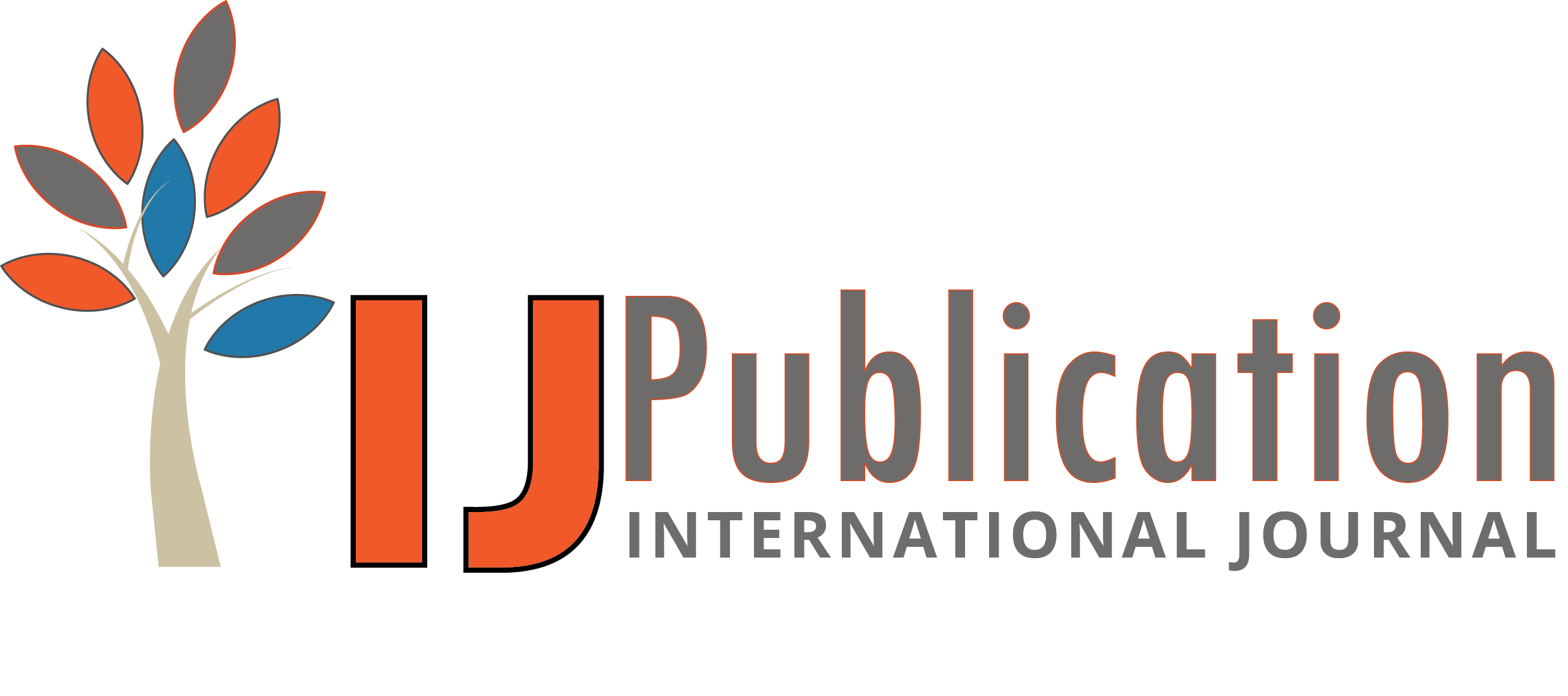V. KAVITHA Reviewer
28 Jul 2025 04:00 PM
 Approved
Approved
Relevance and Originality
This research contributes meaningfully to ongoing discussions on sustainability by exploring ecoliteracy integration in higher education. The emphasis on curriculum reform, ecological responsibility, and interdisciplinary approaches reflects both relevance and innovation. The authors successfully identify a gap in existing academic programs and present their review as a solution-focused effort aimed at addressing environmental degradation through pedagogy. Terms like ecological systems, sustainable education, and higher education reform reinforce its timely relevance and intellectual contribution to both environmental studies and education policy.
Methodology
The application of a systematic review guided by PRISMA guidelines demonstrates methodical rigor. Clear documentation of selection criteria, source databases, and article filtering lends transparency to the study. The inclusion of recent and peer-reviewed sources ensures quality and recency, and the stepwise filtering process—from identification to final inclusion—enhances the reliability of the synthesis. However, the reliance solely on literature-based evidence could be balanced with empirical case studies or stakeholder perspectives for more grounded insights.
Validity & Reliability
The synthesis is logically developed and draws from a diverse array of studies, bolstering the credibility of its findings. By including 35 articles selected through rigorous criteria, the authors maintain strong internal validity. The conclusions drawn—on the necessity and benefits of ecoliteracy—are supported by converging evidence from multiple sources. Nevertheless, expanding the geographical diversity of the included studies could improve external validity and increase the generalizability of the conclusions.
Clarity and Structure
The article is well-structured, with a clear narrative progression from problem framing to pedagogical recommendations. Arguments are presented logically, and thematic coherence is maintained throughout the sections. The language is formal yet accessible, and the use of consistent terminology aids comprehension. Occasionally, dense segments of citations disrupt the narrative rhythm, but overall, the presentation remains organized and professionally articulated. The use of terms such as framework development, educational reform, and interdisciplinary literacy strengthens the conceptual structure.
Result Analysis
The discussion presents a rich and layered analysis, connecting theoretical constructs with practical teaching strategies. The article’s use of examples like the BENLAC subject and the 4DEE framework adds depth to its insights. Findings are not only well-reasoned but also aligned with the research aims, illustrating how ecoliteracy fosters critical thinking, sustainability mindsets, and civic responsibility in learners.








V. KAVITHA Reviewer